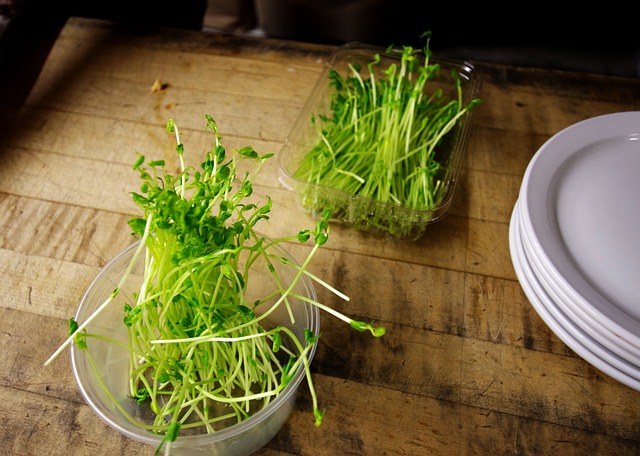Prepping, or preparing for potential emergencies or disasters, is a crucial aspect of personal safety and security. In today’s uncertain times, it is more important than ever to be prepared for any situation that may arise. Whether it’s a natural disaster, power outage, or civil unrest, having a well-thought-out prepping plan can make all the difference. In this article, we will cover essential prepping tips to help you be better prepared for any emergency.
Section 1: Assessing Your Risks
The first step in prepping is to assess the potential risks in your area. This will help you determine what type of emergencies or disasters you are most likely to face. Start by researching the history of natural disasters in your region. Is your area prone to hurricanes, tornadoes, earthquakes, or wildfires? Knowing the potential risks will help you tailor your prepping plan accordingly.
Next, consider man-made disasters such as power outages, civil unrest, or terrorist attacks. These can happen anywhere, so it’s important to be prepared for them as well. Research the crime rates in your area and the potential for civil unrest. This will give you a better understanding of the risks you may face.
Once you have identified the potential risks, make a list of the most likely scenarios and prioritize them. This will help you focus on the most important aspects of your prepping plan.
Section 2: Stocking Up on Essentials
One of the key elements of prepping is having a well-stocked emergency supply kit. This should include enough food, water, and other essential items to sustain you and your family for at least 72 hours. Start by stocking up on non-perishable food items such as canned goods, dried fruits and nuts, and energy bars. Make sure to rotate these items regularly to ensure they are not expired.
Water is another crucial element of your emergency supply kit. The general rule of thumb is to have one gallon of water per person per day. This includes water for drinking, cooking, and hygiene purposes. You can also invest in a water filtration system or water purification tablets in case your water supply is compromised.
Aside from food and water, your emergency supply kit should also include a first aid kit, flashlights, batteries, a radio, and a multi-tool. Make sure to also include any necessary medications and copies of important documents such as identification cards, insurance policies, and contact information for family members.
Section 3: Developing a Plan
Having a well-thought-out plan is essential in any emergency situation. Start by creating an evacuation plan for your family. This should include designated meeting places, a communication plan, and a list of important items to grab in case of a sudden evacuation.
Next, consider your shelter-in-place plan. This is especially important for situations such as a power outage or civil unrest. Make sure to have enough supplies to sustain you and your family for an extended period of time. This includes food, water, and other essential items.
In addition to a basic evacuation and shelter-in-place plan, it’s important to have a plan for specific scenarios. For example, if you live in an area prone to hurricanes, make sure to have a plan in place for evacuating and securing your home. If you live in an area with a high risk of wildfires, have a plan for quickly evacuating and protecting your home from potential fire damage.
It’s also important to involve your family in the planning process. Make sure everyone knows their role and responsibilities in case of an emergency. Practice your plans regularly to ensure everyone is familiar with the procedures.
Final Thoughts
Being prepared for any emergency or disaster is not a one-time task. It requires constant evaluation and updating as situations and risks change. Make sure to regularly check and rotate your emergency supplies, update your plans, and stay informed about potential risks in your area.
Remember, prepping is not about living in fear, but rather being proactive and responsible for your own safety and security. By following these essential prepping tips, you can have peace of mind knowing that you and your family are prepared for any situation that may arise. Stay safe, stay prepared.











